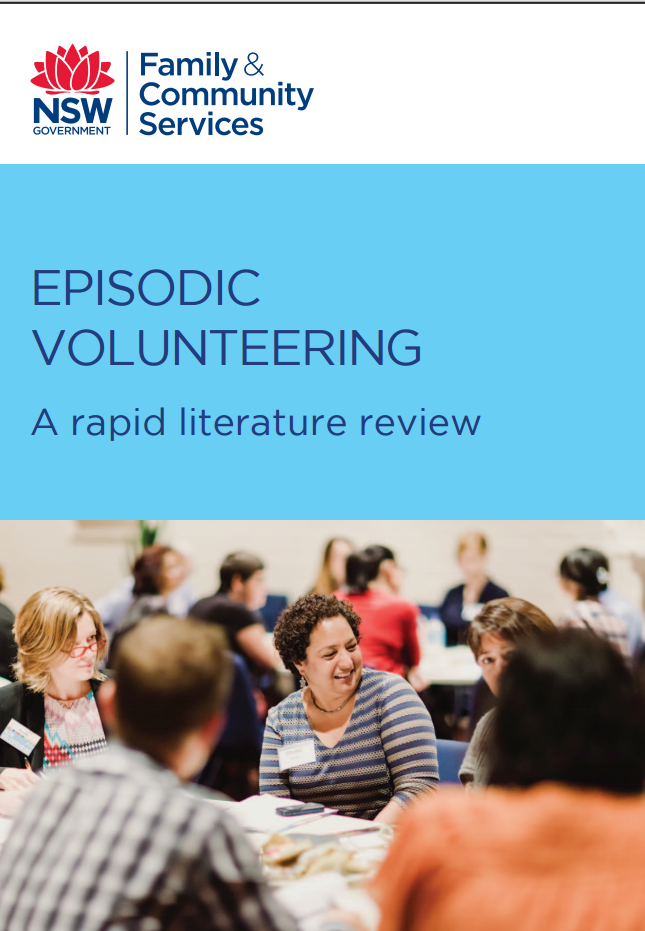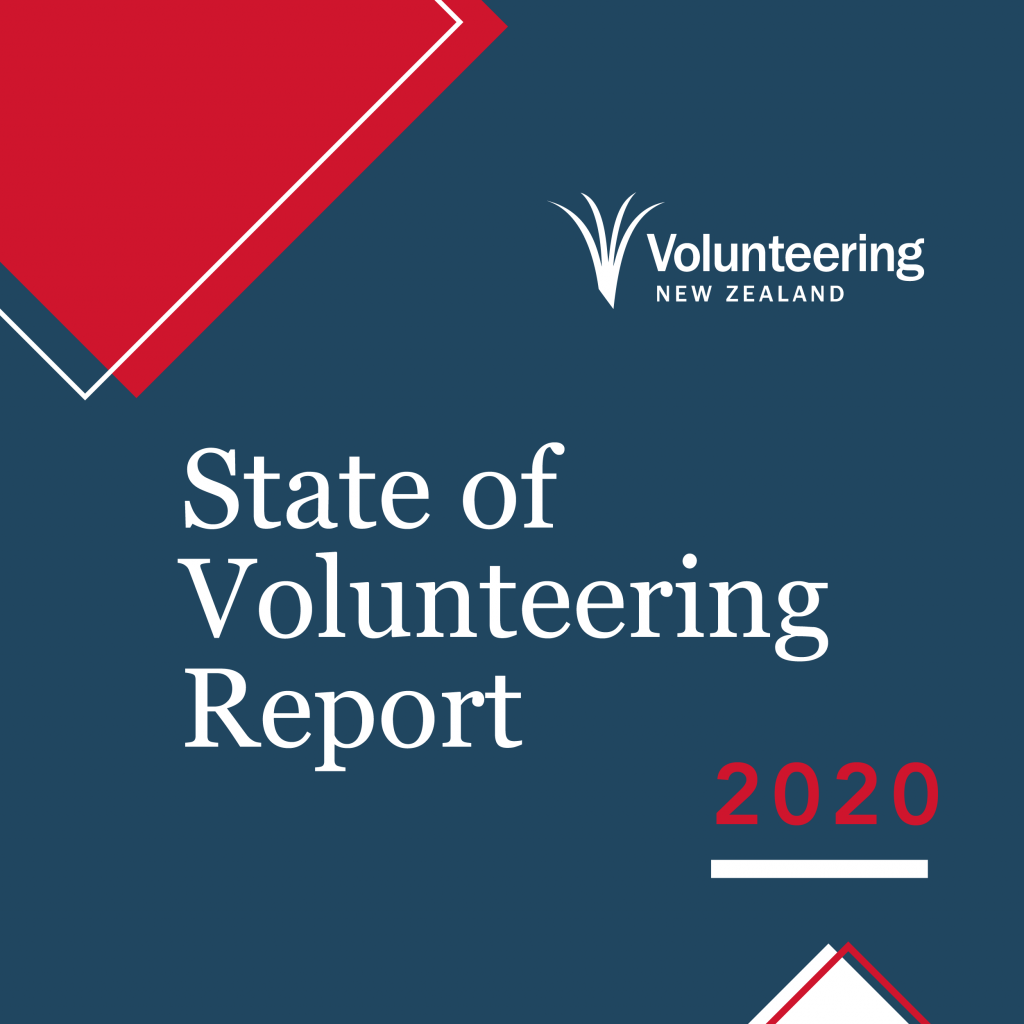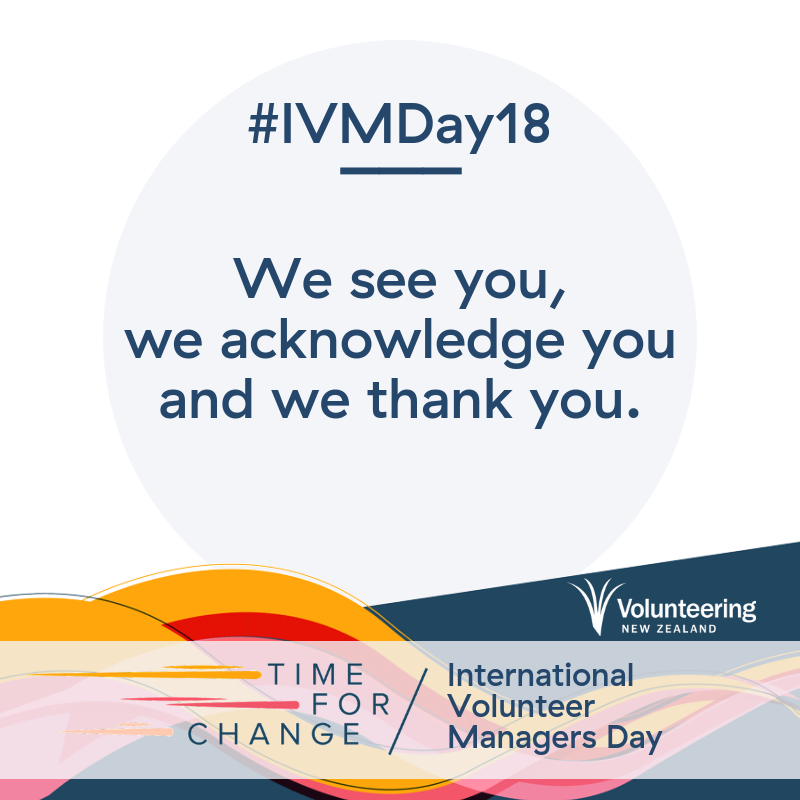Episodic volunteering: review of evidenced best practice
Episodic volunteers prefer short-term, time-limited or irregular volunteering opportunities. Therefore, episodic volunteering may be viewed as an alternative to other, more traditional forms of volunteering.
Episodic volunteers tend to be time poor, and typically do not have the resources available to commit to longer-term or more regular volunteer roles.
Flexibility is extremely important for episodic volunteers, both in terms of the roles performed (which should match the individual’s interests and skills) and the amount of time committed.
What does this mean for volunteer managers?
Organisational analyses have highlighted both costs and benefits associated with utilising episodic volunteers for events and in emergency situations (for example, Handy & Brudney, 2007; Volunteer Canada, 2006). Episodic volunteers may generate fewer benefits than regular volunteers because of the training and support required, and volunteers’ wavering commitment to the organisation.
However, for many organisations, episodic volunteers are essential in terms of maintaining volunteer supply. Many benefits of utilising episodic volunteers have been identified, including:
- Building social capital within the organisation
- Increasing perceived links between the organisation and the community
- Increasing organisational capacity
- Maintenance of regular (or core) services in times of emergency or during a special event
- Utilisation of volunteers’ specialised skills and knowledge that would otherwise not be available within the organisation
- Freeing up time for essential or core staff to undertake higher-level tasks
- Building a long-term volunteer base for future endeavours (Handy & Brudney, 2007; Volunteer Canada, 2006).
From a volunteer management perspective, this involves tailoring roles according to individual preferences and providing a range of different options to choose from.
Designing episodic volunteering roles
Episodic volunteering roles should be well defined, designed specifically for short-term work and have discrete completion points.
Because of the importance of flexibility, volunteering opportunities that offer options such as job sharing or flexible hours are highly attractive to episodic volunteers.
Volunteer roles should be perceived as making a meaningful (rather than menial) contribution to the broader mission of the organisation. The work should be challenging and engage the volunteer so they choose to ‘bounce back’ i.e. return to volunteer again in future.
Being personally asked to take part in an episodic volunteering opportunity is an important determinant of individuals taking up that opportunity.
Reasons for engaging in episodic volunteering can be both altruistic (for example, a desire to ‘make a difference’) and egoistic (for example, socialising). Episodic volunteers who are involved for altruistic reasons are more likely to ‘bounce back’ than those involved for egoistic reasons.
Converting episodic volunteers to long term volunteers?
Management practices associated with greater retention of episodic volunteers include recognition of volunteers, offering training and professional development and screening procedures to assess suitability for the role.
Retention of episodic volunteers tends to be lower for charities without the resources to support volunteers adequately. Furthermore, volunteer satisfaction is related to both supervisor availability and the quality of service provided by management (Cnaan et al., 2017). These factors were linked to intention to volunteer again, indicating that quality of supervision and communication by management are important predictors of episodic volunteers returning (or ‘bouncing back’).
Recommendations for episodic volunteers
Based on the research and evaluations reviewed, evidence-based recommendations for episodic volunteer programmes include:
1. Ensuring that the types of roles offered to episodic volunteers are:
* Identified through consultation with key stakeholders
* Engaging and meaningful
* Flexible and offering a range options to potential volunteers
* Clearly defined, with written position descriptions
2. Gaining a sound understanding of the motivations and preferences of episodic volunteers for the specific organisation and type of volunteering opportunity being offered
3. Ensuring the development of customised marketing communications according to motivations of volunteers and the particular volunteering opportunity available. This is likely to vary for specific types of volunteers, such as older, one-off events and international humanitarian episodic volunteers
4. Preparing governance structures for programmes utilising episodic volunteers that include the following key elements:
+ Carefully matching the specific skills, knowledge and motivations of individual volunteers with suitable volunteering roles
+ Appropriate levels of training and orientation for the roles being performed, while keeping resource expenditure to a minimum
+ Appropriate levels of supervision and monitoring, including providing a contact person to whom volunteers can go for guidance, and ensuring supervisors are available and communicate effectively with volunteers
+ Recognising and rewarding volunteers appropriately according to the type of role they are performing
+ Evaluating episodic volunteering programmes in terms of whether goals are met, but also in terms of the satisfaction of volunteers with their experience
5. Utilising a range of communication channels to inform people about opportunities for episodic volunteering, particularly using the internet and social media
6. Where possible, extending a personal invitation to past volunteers to increase bounce back for future volunteering opportunities.
These insights were drawn from a recent research report, Episodic Volunteering – Rapid literature review published by the Family & Community Services, NSW Government, 2022. It was a review of relevant literature and evidence-based recommendations regarding best practice in the governance of flexible, time-limited episodic volunteer programmes.






About The Author: Michelle Kitney
Chief Executive, Volunteering New Zealand
More posts by Michelle Kitney